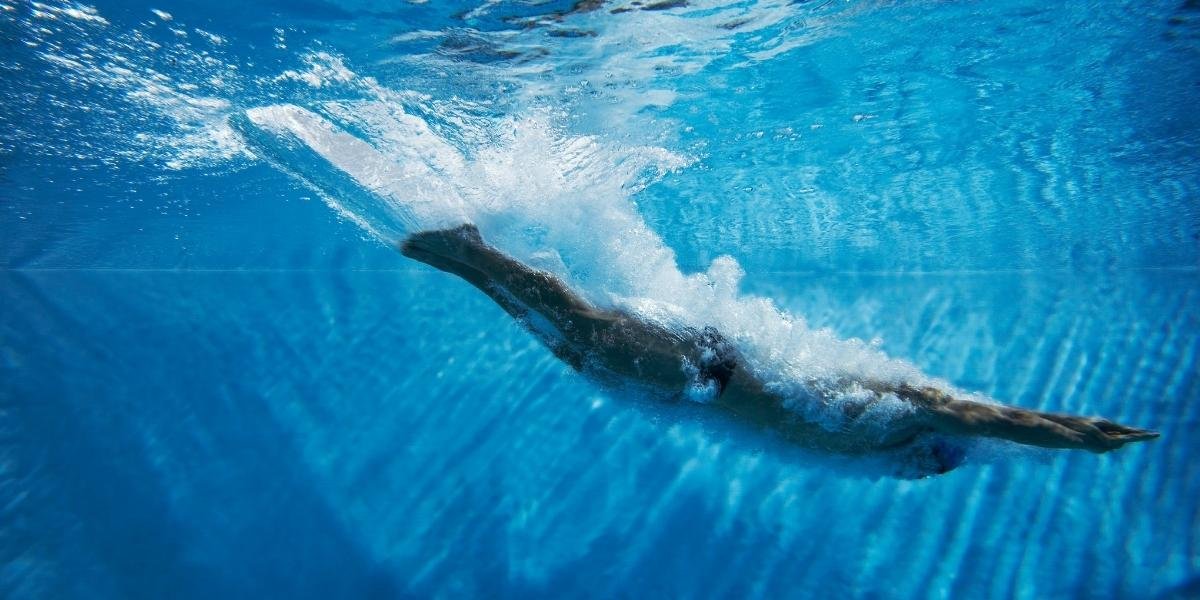By: Alva Ree
On July 27, 2023, the international dialogue platform “Baltic Platform” was officially introduced at the Immanuel Kant Baltic Federal University (IKBFU) in Kaliningrad. The event, aimed at fostering cross-regional collaboration and academic exchange, welcomed influential figures from Russia’s educational and political spheres, such as Corresponding Members of the Russian Academy of Sciences Al. A. Gromyko, Director of the Institute of Europe of the Russian Academy of Sciences. The session was led by A.A. Fedorov, Rector of IKBFU and Doctor of Philosophy. It featured presentations from other distinguished figures, including F.G. Voitolovsky, Director of the Primakov Institute of World Economy and International Relations; V.N. Plugin, Co-Chairman of the Association of Lawyers of Russia; A.A. Baykov, Vice-Rector for Research at MGIMO University, and S.V. Andryushin, Vice-Rector for International Affairs at St. Petersburg State University. These experts outlined the project’s scope, goals, and prospective impact on the region and beyond.
Objectives and Vision of the Baltic Platform
The Baltic Platform aims to address the challenges and opportunities facing a vast macroregion encompassing northern Europe, Scandinavia, parts of the Atlantic, the Arctic, the Northern Sea Route, and Russia’s northwestern territories, particularly St. Petersburg and Kaliningrad. The platform will prioritize cross-border cooperation, spatial development, and environmental sustainability studies within these interconnected regions. This ambitious agenda underscores the importance of collaborative research and science diplomacy, especially when globalization is witnessing new forms of fragmentation.
In his speech, A.A. Gromyko emphasized that while globalization may transform, regions’ interconnectedness and mutual influence are here to stay. “Science will continue to be an international phenomenon,” he said, underscoring the Baltic Platform’s commitment to fostering scientific cooperation across borders. With this platform, Gromyko envisions Russia taking proactive steps to strengthen its competencies in global scientific dialogue, build constructive international partnerships, and sustain a spirit of openness. Echoing the sentiments of the Russian President, Gromyko stated, “Russia has no unfriendly, hostile peoples either in the West or in the East,” highlighting the platform’s aspiration for a peaceful, accessible, and stable future.
Critical Areas of Focus for the Baltic Platform
The Baltic Platform’s research focus spans several critical domains, reflecting both global concerns and local priorities. Below are some of the core areas outlined during the presentation.
1. Spatial Development and Environmental Management
The Baltic Platform aims to advance knowledge in spatial planning, especially concerning the Baltic macro-region. This includes marine spatial planning and sustainable shipping practices within the Baltic Sea. Given the region’s ecological sensitivity, long-term environmental concerns, such as pollution and biodiversity, remain top priorities. Marine spatial planning, for instance, is crucial for balancing the needs of shipping, fishing, and conservation, ensuring that economic activities do not compromise environmental integrity.
2. Cross-Border Cooperation
Cross-border initiatives have immense potential to strengthen the ties between neighboring countries. The Baltic Platform plans to address various aspects of this cooperation, from fostering entrepreneurship and developing robust infrastructure to supporting youth and migration policies. The role of universities is especially crucial, as they are seen as hubs of innovation and cultural exchange. By focusing on youth policy and migration, the platform acknowledges the region’s dynamic nature of population movements and the need for inclusive and forward-looking policies.
3. Energy Transition and Climate Policy
As the world moves towards renewable energy, the Baltic Platform is poised to study the potential and risks associated with the energy transition. This includes exploring alternative climate policies, evaluating energy systems, and assessing the demand for port infrastructure and logistics networks. The region’s proximity to the Arctic and its strategic position along the Northern Sea Route, often dubbed the “western shoulder,” makes it a vital corridor for shipping and energy transport, especially in light of climate change and the ongoing energy crisis in many parts of Europe. The platform will explore sustainable development strategies that mitigate environmental impact while meeting the region’s energy needs.
4. Sustainable Development with a Focus on Kaliningrad and the Union State
The sustainable development of Kaliningrad and its integration with the Union State are primary concerns. This region’s unique geographical position—isolated from the Russian mainland but strategically located along Europe’s northern border—presents both challenges and opportunities. The Baltic Platform seeks to enhance its economic resilience and environmental integrity by prioritizing sustainability in this area. Kaliningrad can serve as a sustainable urban and economic development model in border regions, balancing growth needs with preserving its natural environment.
5. Arctic Development and Preservation
As climate change opens new areas for exploration and development, the Arctic is emerging as a region of significant strategic interest. The Baltic Platform intends to study the prospects and risks associated with Arctic development, examining both the economic potential and the environmental concerns. The Arctic’s delicate ecosystem requires careful management to prevent irreversible damage, and the platform hopes to contribute to policies that balance economic interests with ecological preservation.
Science without Borders: The Platform’s Commitment to Open Collaboration
The “Baltic Platform” embodies the principle that “science knows no borders,” as Gromyko underscored during the presentation. Russian scientists and institutions involved in this initiative are committed to maintaining an open and inclusive stance on international collaboration. For those who embrace this ideology, the platform promises to be a valuable forum for dialogue, research, and partnership. The platform’s aim of fostering inclusivity and open access could position it as a valuable forum in an era where geopolitical tensions often restrict scientific exchange.
This emphasis on “science without borders” reflects a broader belief that science and diplomacy can constructively foster mutual understanding and address shared challenges. In an era where fragmentation and isolationism seem to rise, the Baltic Platform seeks to remind the global community of the importance of solidarity in the face of universal threats—environmental, pandemic-related, social, or migratory.
A New Era of International Scientific Collaboration
The Baltic Platform’s presentation at IKBFU is a promising step toward revitalizing regional and global scientific cooperation. The project has laid the groundwork for what could become a significant avenue for research, dialogue, and innovation across Northern Europe and beyond. It aims to draw expertise from various fields, bringing together scientists, policy-makers, and local communities to address some of the most pressing challenges of our time.
With the Baltic Platform, Russia hopes to extend an olive branch to the global scientific community, inviting researchers worldwide to contribute to and benefit from this ambitious endeavor. By fostering a collaborative spirit and encouraging cross-border partnerships, the Baltic Platform could be pivotal in advancing scientific knowledge and addressing the complex, interconnected issues that define the 21st century. This initiative underscores the potential of science and dialogue to unify across borders.
Published by: Josh Tatunay









